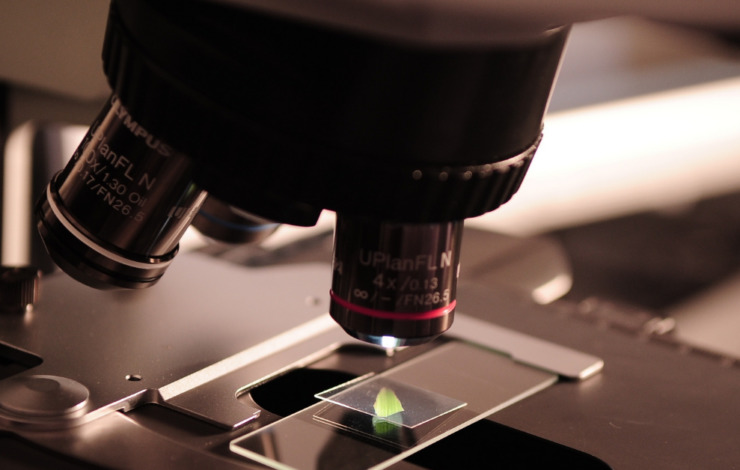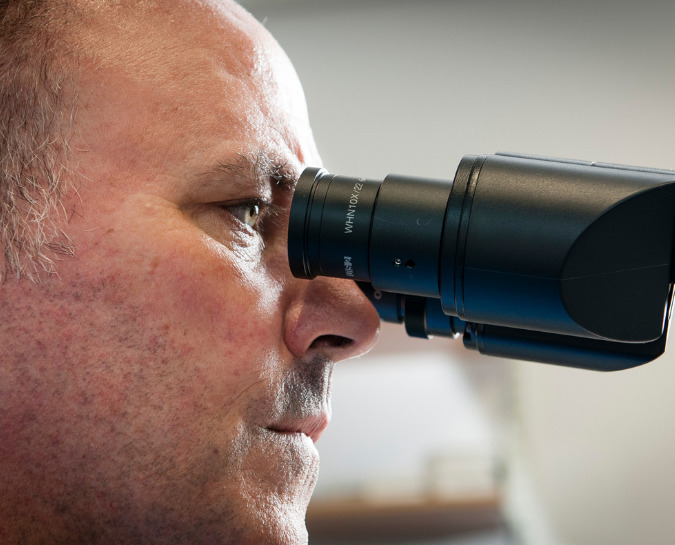7 June 2022
Enhancing Breast Cancer Clinical Practice And Management Through Life-Saving Research
Tagged by

Biomarkers are molecules found in the blood that show signs of certain diseases or conditions. They can also be used to see how well the body responds to a treatment for a disease or condition. Biomarkers play an important role in the detection and management of breast cancer.
Thanks to funding from NHS Lothian Charity’s Breast Cancer Institute fund, the Edinburgh Breast Unit and University of Edinburgh is undertaking a research project to measure the biomarkers associated with breast cancer in a patient’s primary tumour and nodal metastases; the cancer cells from the primary tumour that have been found in the lymph nodes (or glands) in the armpit area.
It is not currently clinical practice to measure the biomarkers in both the primary tumour and nodal metastases and this research aims to demonstrate that by doing this, it will help identify high-risk patients early, and with high levels of accuracy, long before cancer recurs or develops further cancer cells (or metastases) due to drug resistance.
The research project will focus on breast cancer patients receiving neoadjuvant endocrine therapy, a hormonal treatment used in the management of the vast majority of all breast cancers worldwide, seeking to address an unmet, critical clinical need.
Dr Arran Turnbull, Breast Cancer Research Group Leader, said:

“We are so grateful to everyone who supports the Breast Cancer Institute through NHS Lothian Charity. Your support enables us to continue life-saving research like this. Thanks to the £157,000 funding for this project, we will be able to build on a research project that we conducted on a smaller scale and test our findings on a larger cohort of patients.
“Recently we have shown that, in a cohort of breast cancer patients who had developed further cancer cells in their lymph nodes, in some patients the nodal metastases behave differently and do not respond as well as the primary tumours to endocrine therapy.
“We aim to demonstrate this potentially ground-breaking finding in a larger cohort of breast cancer patients, with a view to significantly improving clinical practice and breast cancer management going forward. We also plan to study those high-risk cancers, where nodal metastases respond less well to treatment, using deep sequencing techniques to provide insights into how the cells are actually responding to treatment. This will help identify both underlying reasons for resistance to treatment as well as new biomarkers to guide other treatments in this high-risk group.
“We look forward to presenting our results at the end of the project.”
